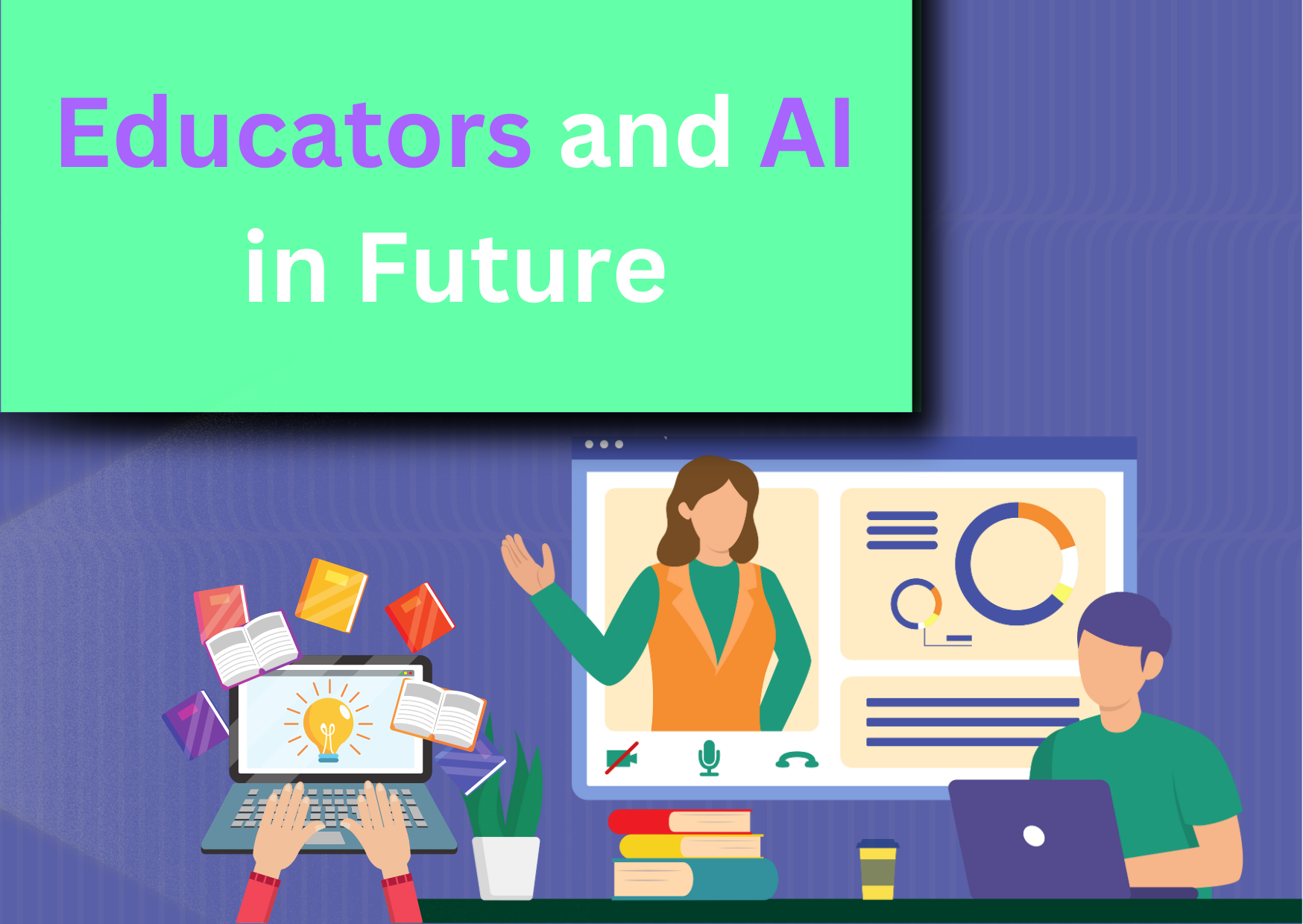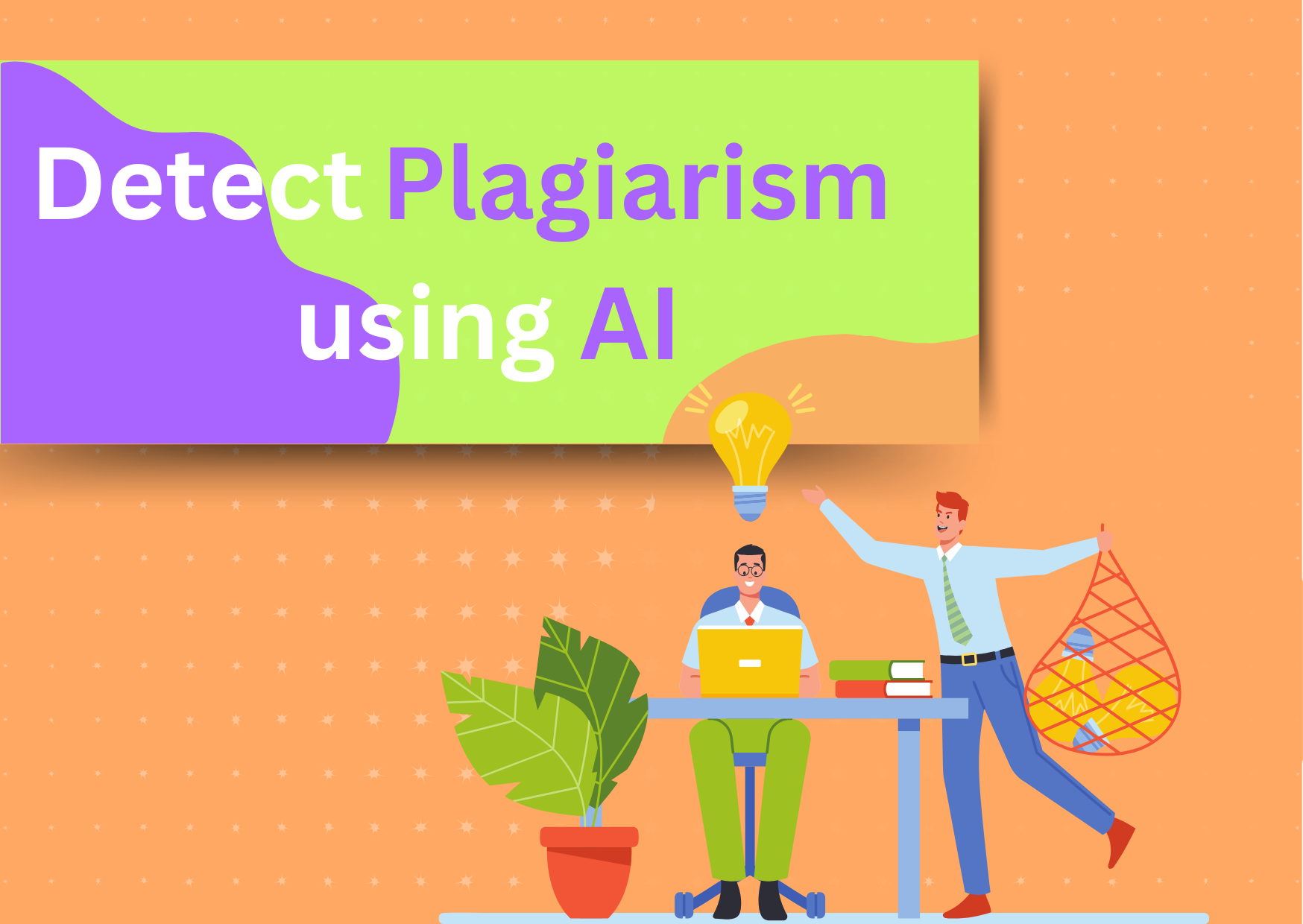Crafting Literature: A Writer’s Position in the Technological World

When Stephen King famously wrote in his book ‘On Writing: A Memoir of the Craft’, “I believe the road to hell is paved with adverbs, and I will shout it from the rooftops. To put it another way, they’re like dandelions. If you have one on your lawn, it looks pretty and unique. If you fail to root it out, five the next day…fifty the day after that.” He critiqued the sleazy texts that plague almost every writer’s works. He also used the text to shed light on common errors writers make which serves as a hurdle between them and greatness. For instance, JK Rowling filled the first few parts of Harry Potter with a lot more quicklys and sternlys than required. Upon her later realization, she edited the following books with more colorful verbs and an active tone of writing. In the “Fifty Shades” series, EL James used adverbs in dialogue tags, a style choice that has sparked discussion on writing conventions by multiple critics. It is typical for any writer to fall prey to an excessive usage...



